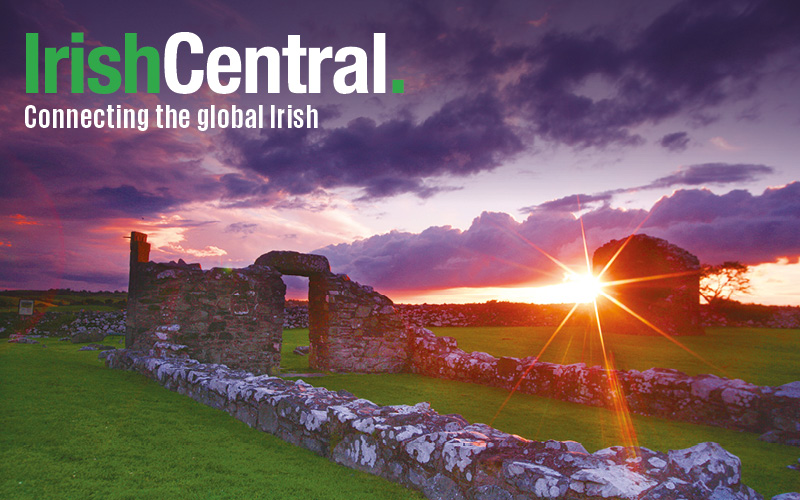Could more Irish American Catholics have been brought into a broader, progressive coalition? Some certainly ran into right-wing arms... but some were also pushed.
Jill Lepore is about as big a deal as you can be in the world of history. She has been a finalist for the Pulitzer Prize, writes regularly for The New Yorker and teaches at a university you may have heard of called Harvard.
She has a mammoth new book out called These Truths, which explores the entire, messy history of the United States.
“It isn’t until you start reading it that you realize how much we need a book like this one at this particular moment,” Andrew Sullivan wrote in the New York Times Book Review.
“Gutsy, lyrical, and expressive,” gushed the Chicago Tribune. Lepore’s book “captures the fullness of the past.”
For the first week in October, Lepore’s book stood at number five on The New York Times bestseller list.
These Truths, which weighs in at a hefty 932 pages, mentions Irish immigration on exactly three pages. Right-wing blowhard Ann Coulter is also mentioned on three pages in this book.
Which brings us to Fintan O’Toole’s recent column in The Irish Times which blasted Irish Americans for their prominence in the Trump administration and the conservative movement overall.
Read more: Irish Americans are full of self pity and fake victimhood says top Irish columnist
The American establishment, O’Toole declares, is “no longer White Anglo-Saxon Protestant. It is White Irish Catholic. Some part of the identity that so many of us on this island share is now at the center of American reactionary politics.”
In case you forgot about the likes of (deep breath everybody) Steve Bannon, Paul Ryan, Kellyanne Conway, John Kelly and Mike Flynn, there was another one, Brett Kavanaugh, appearing before the Senate, red-faced and raging, fighting to tilt the United States Supreme Court to the right for decades.
So, yes, of course, O’Toole has a point. And he intriguingly argues these folks have not actually betrayed or forgotten their humble immigrant roots. They, in fact, use them to justify their belief that they are, in fact, victims.
“The beauty of a specifically Irish Catholicism is that it has victimhood in its DNA. It has a genuine history of suppression and trauma,” O’Toole wrote.
“Even if you’re a very privileged white boy going to an elite Jesuit school like Kavanaugh’s Georgetown Prep (fees: $58,000 a year) you can claim ownership of the Great Famine and 800 years of oppression.”
And, of course, O’Toole is right when he says, “Past oppression should sensitize us to present injustice, not entitle us to abuse privilege.”
Ah, but -- just as with Lepore’s book -- something crucial is missing here.
Conservative Irish Americans aren’t the only ones who have chosen to ignore their links to those suffering from “injustice” today. Lepore’s book is just one example of a much bigger problem: the high-minded, very progressive folks who compile American history generally have little interest in the millions and millions of immigrants who came to the U.S. in the second half of the 19th century.
Many, in fact, would leave you with the impression that immigration has really only been a thing since the 1960s. It certainly doesn’t help that so many Irish immigrants and their children became cops, priests and nuns, jobs that are equal parts deeply boring and authoritarian, and, thus, not likely to pique the interests of socially-engaged historians.
It also does not help that in the big American social struggles of the early 20th century -- the Spanish Civil War, anti-Communism -- Irish Catholics usually ended up on the “uncool” side, the one with a whiff of fascism.
And if anyone should know this it is Lepore, whose 2005 book New York Burning is a fascinating look at race and immigration in the 1700s!
Could more Irish American Catholics have been brought into a broader, progressive coalition? We’ll never know because those progressives, too often, had a whole lot more fun mocking the Irish rather than persuading them that they, too, had something to gain from battling injustice.
Some Irish Catholics in America certainly ran into right-wing arms. But some were also pushed.
And so, fittingly, they ended up with Ann Coulter.




Comments